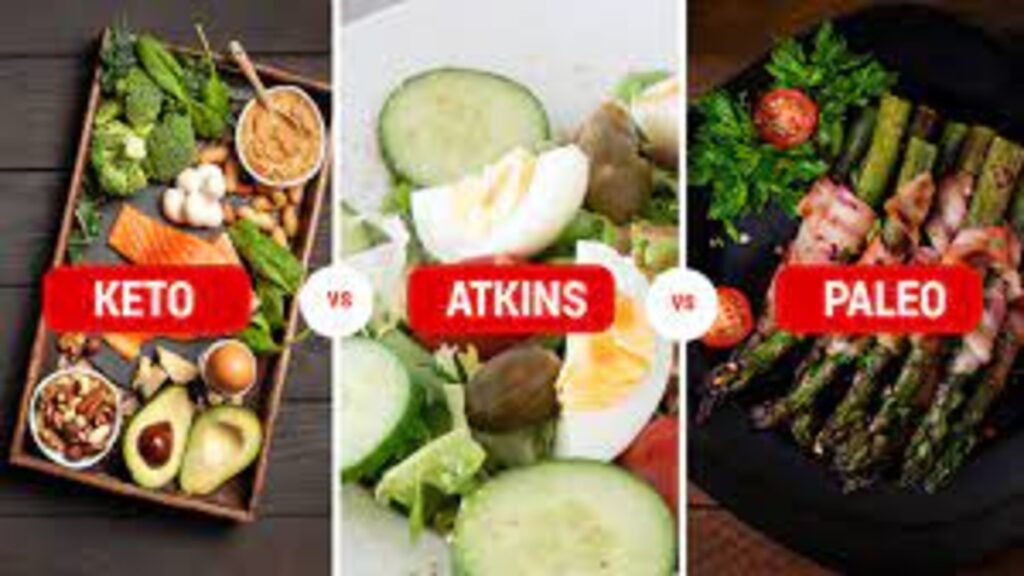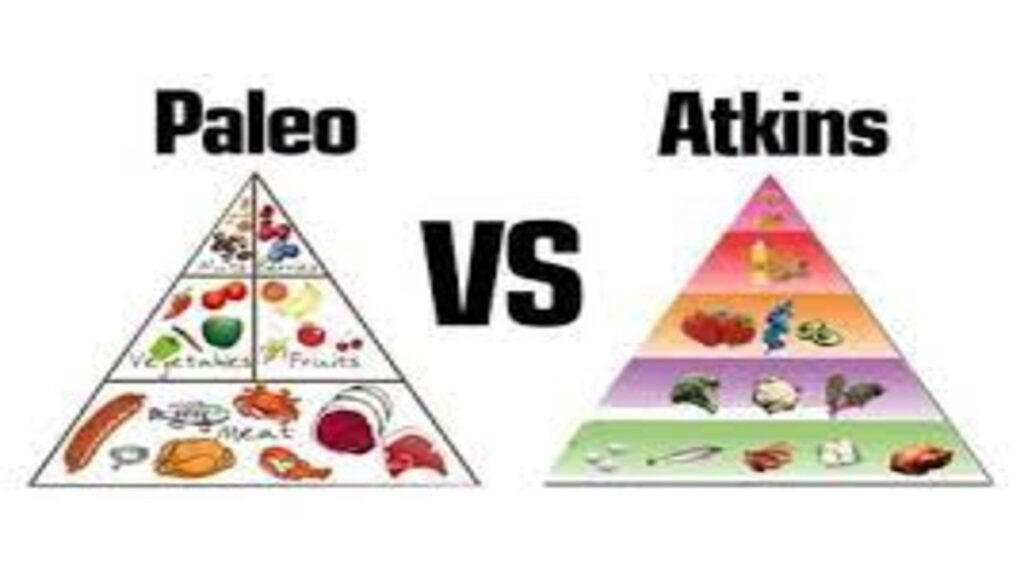Keto Food Pyramid
[Keto Diets and Weight Loss, Part-II]
Republished on 28.10.2023
In Part I, we discussed keto diets and their impact on weight loss. Now, let’s delve deeper into the world of keto foods, exploring both the good and the bad, and discover the ideal food pyramid that forms the basis of the keto diet plans designed by nutritionists and doctors.
1. Introduction
In this article, we will explore the world of keto diets and their impact on weight loss. We’ll discuss the good and bad keto foods, examine the ideal food pyramid for a ketogenic diet, and uncover the risks and potential issues associated with this popular diet. Additionally, we’ll touch upon the compatibility of fruits with the Keto Diet and explore the role of green tea in weight loss.
2. Low-Carb Diet

Before diving into the specifics of the keto diet, it’s important to understand other low-carb diets that people follow based on their body shape and biochemical parameters. Two such diets are the Paleo Diet and the Atkins Diet.

Paleo Diet
The Paleo Diet primarily focuses on a high protein intake along with plenty of vegetables and fruits. While it is not explicitly a low-carb diet, the exclusion of grains, dairy, legumes, and processed foods makes it inherently low in carbs. The flexibility of food choices in the Paleo Diet makes it easier to maintain in the long term, making it a better choice for many individuals.

Atkins Diet
The Atkins Diet is specifically marketed as a low-carb diet. There are two versions: Atkins 20 and Atkins 40. Atkins 20 is the original plan, while Atkins 40 is designed for those looking to lose less than 40 pounds. Despite initial concerns about its high saturated fat content, recent studies have shown that the Atkins Diet leads to significant weight loss and improvements in various health markers.
3. The Good and Bad Keto Foods
To understand what makes up a ketogenic diet, it’s important to identify the good and bad keto foods. The keto food pyramid provides a visual representation of these categories.

Good Food Varieties on a Ketogenic Diet
Here are some food varieties that are considered good for a ketogenic diet:
- Seafood: Fish and shellfish are excellent choices for a keto diet.
- Low-carb vegetables: Include a variety of low-carb vegetables in your meals.
- Cheese: Enjoy different types of cheese while following a keto diet.
- Avocados: Rich in healthy fats, avocados are a great addition to the diet.
- Meat and poultry: Opt for lean cuts of meat and poultry.
- Eggs: Eggs are highly versatile and can be included in numerous keto recipes.
- Coconut oil: Use coconut oil as a cooking fat or add it to smoothies.
- Plain Greek yogurt and curds: These dairy products can be consumed in moderation.
Bad Food Varieties on a Ketogenic Diet
Certain foods should be avoided in a Ketogenic diet:-
- Oatmeal
- Wheat Grains
- Whole Wheat Flour
- Rice
- Quinoa
- Rye
- Barley
- Corn
It’s important to note that while a ketogenic Diet can be effective for weight loss, there are potential risks and issues associated with it.
4. The Effectiveness of a Ketogenic Diet
Studies have shown that a ketogenic diet is highly effective in reducing overall weight, body fat, and belly fat compared to low-fat diets. The chart above demonstrates the significant impact of a ketogenic diet on weight loss.
5. Risks and Potential Issues with Keto
While a ketogenic diet can yield positive results, it’s essential to be aware of the risks and potential issues it may present.
Supplement Deficiencies
Due to the restrictive nature of the diet, individuals following a keto diet may be at risk of nutrient deficiencies. It is important to ensure a wide variety of vegetables, fruits, and grains are included to maintain adequate intake of essential micronutrients such as selenium, magnesium, phosphorus, and vitamins B and C.
Liver and Kidney Issues
The high fat content in a ketogenic diet can put additional strain on the liver, especially for individuals with existing liver conditions. Additionally, the kidneys may be overburdened due to the high protein intake associated with the diet.
Constipation
The low-fiber nature of the keto diet, with its limited consumption of grains and vegetables, can lead to constipation in some individuals. It is important to incorporate fiber-rich foods and stay hydrated to mitigate this issue.
Cognitive Function and Mood Swings
The brain relies on carbohydrates for energy, and a low-carb diet like Keto may impact cognitive function and lead to irritability and mood swings. It is essential to listen to your body and make adjustments if necessary.
6. Fruit and the Keto Diet
While fruits are generally considered healthy, certain fruits are high in carbohydrates and may not be suitable for the keto diet. Fruits such as grapes and bananas should be avoided due to their high sugar content. It’s important to choose low-carb fruits if incorporating them into a ketogenic diet.
7. Green Tea and Weight Loss
Apart from the keto diet, green tea has been associated with weight loss. Green tea is rich in antioxidants and offers various health benefits, including improved brain function, fat loss, protection against cancer, and a reduced risk of heart disease. Adding green tea to your routine may complement your weight-loss efforts.
8. Conclusion
In conclusion, a ketogenic diet can be an effective approach to weight loss, but it comes with its own set of considerations. Understanding the good and bad keto foods, being aware of the potential risks, and ensuring a well-rounded nutrient intake are crucial. It’s also important to remember that different individuals may respond differently to diets, so consulting with a healthcare professional and a registered dietitian is advisable before starting a ketogenic diet or any significant dietary changes.
